
“Education and training are the top national policy, investment in education is investment in sustainable development”. Agreeing with the above viewpoint, the Hanoi Party Committee, People's Council and People's Committee always promote the role and position of education. This is also specified in the Capital Law 2024 when identifying one of the important tasks to be carried out is to invest in and build a public school system so that Hanoi is a large, typical center of the country in high-quality education and training. Promoting the implementation of the Capital Law and bringing the Capital Law into life soon is what needs to be done now so that not only the scale of the school network but also the quality of education in the Capital continues to be consolidated, affirmed and developed.

At the end of June 2024, the Capital Law 2024 was officially passed by the National Assembly. This is a very important event, creating a solid mechanism for Hanoi to concentrate resources and develop comprehensively, including the development of education and training.
The Capital Law 2024 has 7 chapters and 54 articles, of which Article 22 is devoted entirely to providing policies for the development of education and training, and affirms: "Developing education and training to make the Capital a large, typical center of the country in high-quality education and training, adapting to the process of national digital transformation, innovation and international integration".
The Capital Law also emphasizes the requirement to invest in and build a system of public schools, high-quality educational facilities, and multi-level educational facilities that ensure space, pedagogical landscape inside and outside the school, and a team of teachers to best serve the learning needs of students. At the same time, it requires ensuring land funds for building schools in convenient locations; schools should not be located near cemeteries or production facilities that cause noise and air pollution.
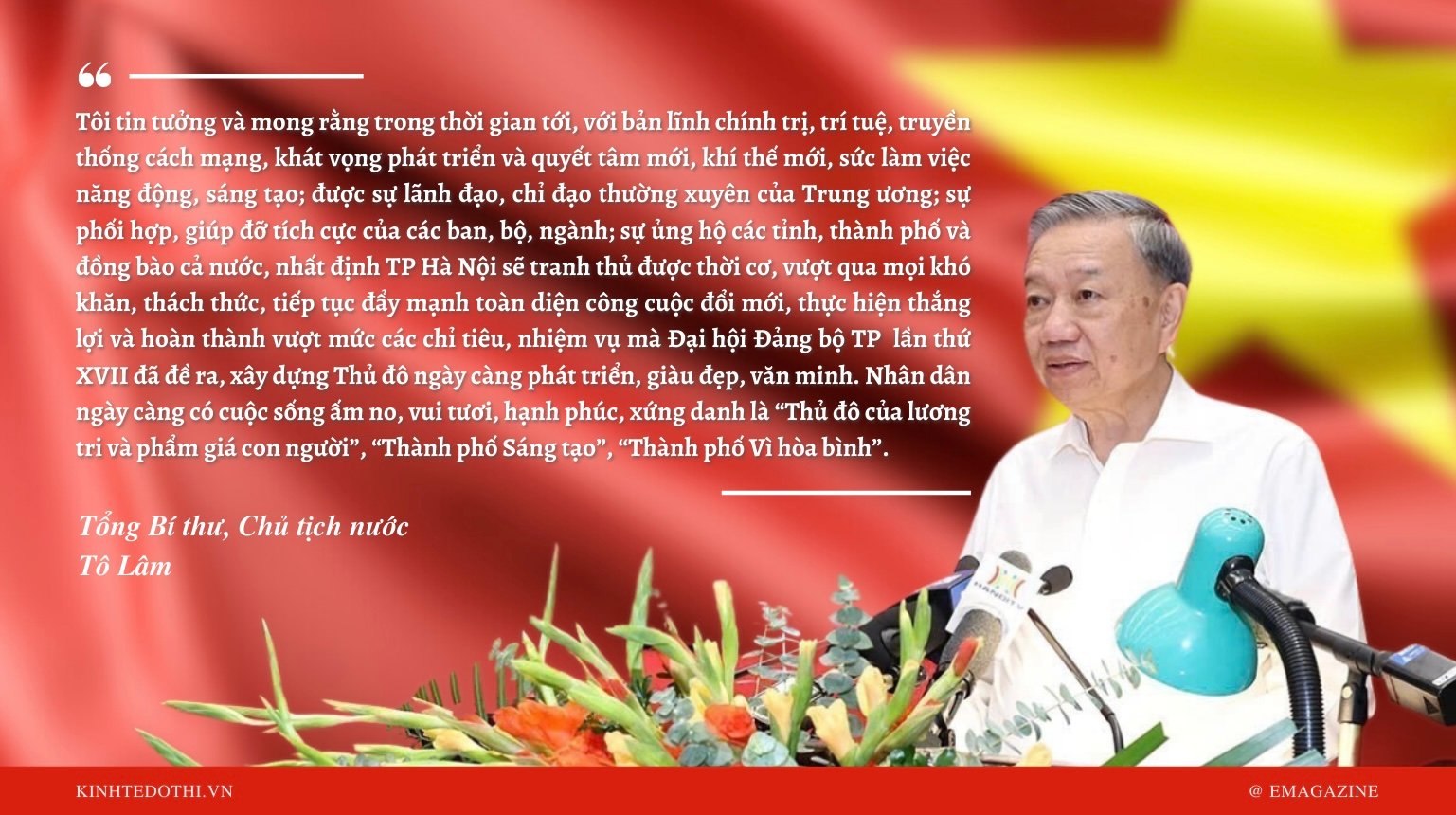
To shorten the gap between public and private education, the Capital Law stipulates that public preschool and general education institutions in the city are allowed to carry out educational cooperation with foreign educational institutions. The Government shall specify in detail the conditions, procedures, educational programs, the granting of diplomas and certificates for educational cooperation and teaching integrated educational programs.
Article 22 also clearly states the tasks of the People's Council and People's Committee in implementing educational policies; in which the City People's Council stipulates the financial mechanism applicable to high-quality public educational institutions, public educational institutions with many levels of education, public educational institutions implementing educational cooperation with foreign educational institutions; the level of support and roadmap for implementing tuition support for high school students and preschool children in the city.

The City People's Committee regulates criteria on facilities, management staff, teachers, curriculum, teaching methods and educational services of high-quality educational institutions and multi-level educational institutions; procedures for recognition and revocation of recognition decisions of high-quality educational institutions; assessment, inspection and maintenance of quality of high-quality educational institutions; adjustment and supplementation of preschool and general education programs for a number of subjects and supplementary educational activities at high-quality public educational institutions to suit the economic, cultural and social conditions of the capital in the direction of approaching regional and international education. Along with that, the City People's Committee is the unit that decides to recognize and revoke recognition decisions of high-quality educational institutions.
With concise content, Article 22 - Capital Law 2024 points out the urgent and most important issue of Hanoi education, which is to build a public school system and arrange land for school construction. In fact, it is not only when the Capital Law is issued that the above issue is of concern, but this is the content and task that has been consistently set by the City Party Committee, People's Council, and People's Committee in recent times and has shown clear results.
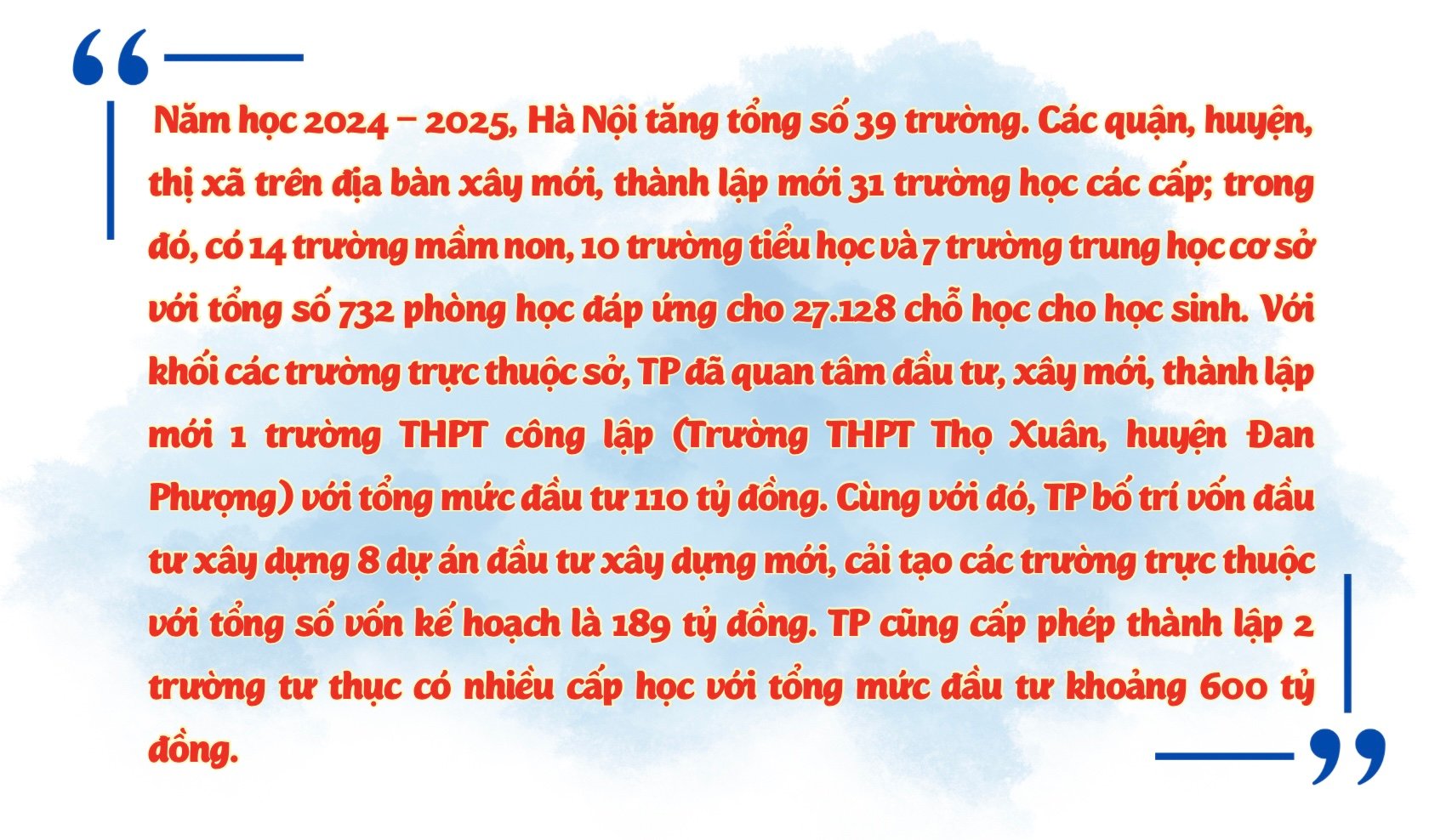
All levels of education in Hanoi are interested in investing in building new and repairing schools to help create excitement, motivation and determination for teachers and students when the new school year begins. Head of the Department of Education and Training of Dan Phuong district, Bui Thi Thu Hang, said: in the 2023-2024 school year, the department has advised the district People's Committee to invest in building new units in 9 schools with 10 projects with a total cost of nearly 280 billion VND. The new construction projects add 93 classrooms and 31 subject rooms, 4 physical education buildings and administrative management offices. Along with that, the department also advised on renovating and repairing classrooms, functional classrooms, physical education buildings, schoolyards, school gates, and toilets in 8 schools with a total cost of 21.5 billion VND.
In Cau Giay district, the Department of Education and Training has coordinated with the district's functional departments and offices to advise the People's Committee to invest nearly 422 billion VND to build and renovate 4 schools (Hoa Hong Kindergarten; Le Quy Don Secondary School; primary and secondary schools at plot D27 of Cau Giay new urban area); completed construction and established 2 new schools (Binh Minh Kindergarten, Nguyen Viet Xuan Primary School), meeting the learning needs of students in the district in the coming school year.

At the conference to summarize the 2023-2024 school year and deploy tasks for the 2024-2025 school year for the entire education sector, Prime Minister Pham Minh Chinh requested the education sector to continue reviewing the planning of the educational institution network. The Ministry of Education and Training and local ministries and sectors should pay attention to construction planning to ensure appropriate land funds to build schools and classrooms to meet the learning needs associated with the trend of urbanization and population shift, especially the shift of labor structure from rural to urban areas.
During a recent working session with the Standing Committee of the Hanoi Party Committee, General Secretary and President To Lam suggested that the city continue to invest in innovation, comprehensively improve the quality of education and training, and develop human resources, especially high-quality human resources, leadership and management human resources.
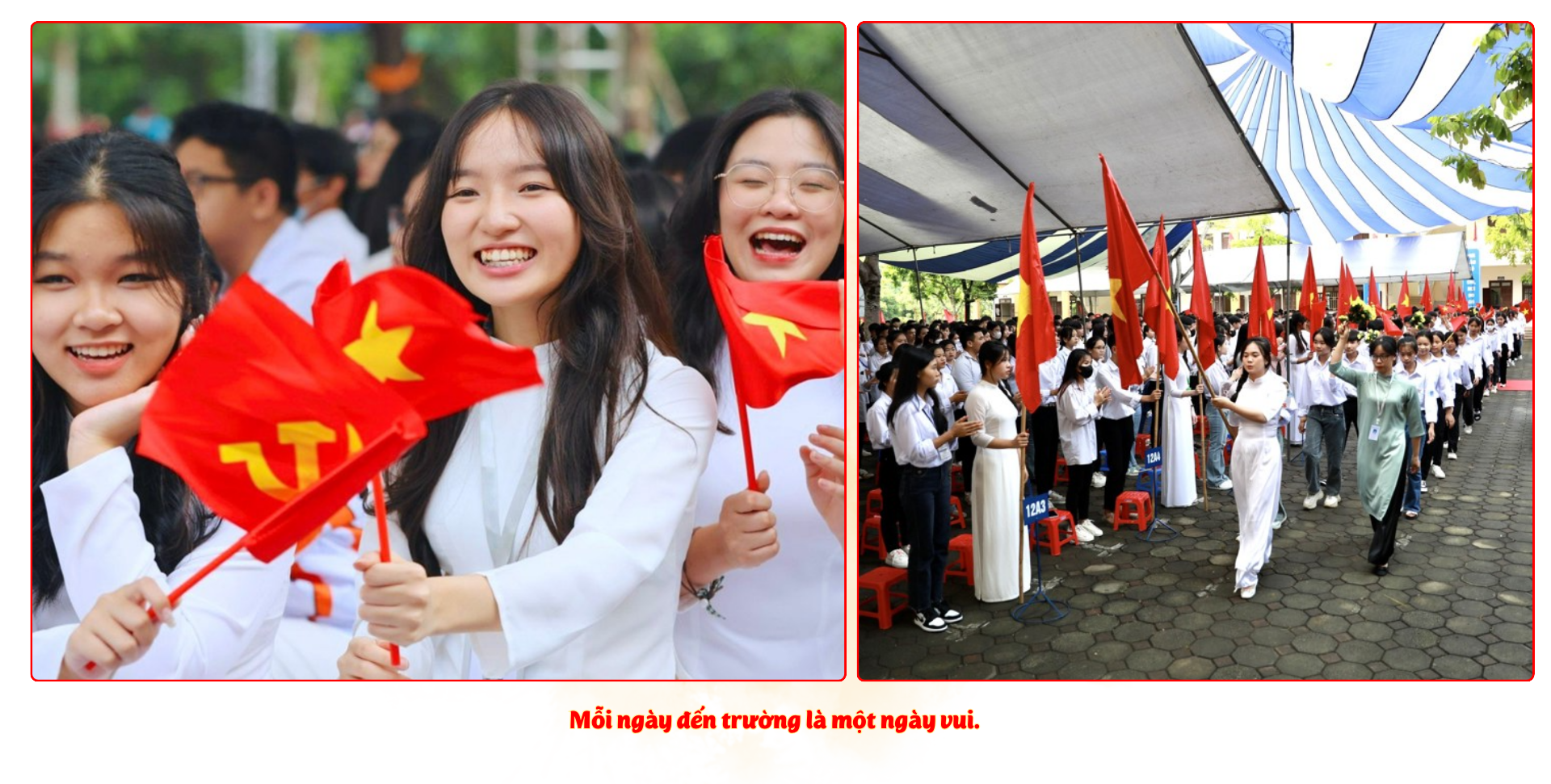
In order for the primary school admission in Hanoi to be public, transparent, fair, objective, convenient for the people and meet the learning needs of students in the capital, through synthesizing the opinions of units in the area, the Hanoi Department of Education and Training proposed that the Ministry of Education and Training allow the application of special mechanisms in education, suitable to the actual situation of the capital, such as allowing an increase of 10% in the number of classes/school (from 45 classes/school to 50 classes/school, exceeding 5 classes/school); increasing 10% in the number of students/class (from 45 students/class to 50 students/class, exceeding 5 students/class); applying the replacement of land area/student with usable area/student.
The Department proposed that the Ministry of Education and Training develop programs and plans to promote vocational education and annual and medium-term orientations as a basis for localities to implement; at the same time, it recommended that the City People's Committee and districts, towns exempt tuition fees for public junior high and high school students in the city; increase investment in facilities and training equipment for vocational education institutions and public vocational education and continuing education centers. Currently, although there has been attention to investment and procurement, there are still many limitations compared to the requirements and demands for training quality of the capital's labor market, especially for new occupations that require high technology according to social needs.
In order to effectively implement the policy of streamlining after graduating from junior high school, the Hanoi Department of Education and Training also believes that the Ministry needs to soon have mechanisms and policies for vocational education centers - continuing education, such as investing and developing these centers into high-quality lifelong learning training centers; allowing pilot training linkages with universities to meet the diverse learning needs of the capital's people; orienting the development of continuing education and vocational education similar to the education systems of some countries, which can be linked to universities; this helps reduce the burden on the public high school system during each 10th grade enrollment season.

Similar to the opinions of experts, the Department of Education and Training recommends that the Ministry allow private school construction investment projects to add additional levels to establish multi-level general schools, creating conditions for the development of the education system; at the same time, allow private schools to rent and use surplus public facilities after adjusting the arrangement of public assets according to the provisions of Decree No. 69/2008/ND-CP of the Government on policies to encourage socialization of activities in the fields of education, health, culture, sports, environment and Decree No. 59/2014/ND-CP amending and supplementing a number of articles of Resolution 69/2008/ND-CP.
Sharing the way Hanoi has been doing, Associate Professor Dr. Chu Cam Tho - Deputy Secretary General of the Vietnam Association of Educational Psychology, Head of the Department of Educational Evaluation Research (Vietnam Institute of Educational Sciences) said: In recent times, Hanoi has been very active in solving the shortage of schools by renovating and building new schools; at the same time, he agreed with some proposals to apply Hanoi's specific mechanism in solving the shortage of schools and classes.
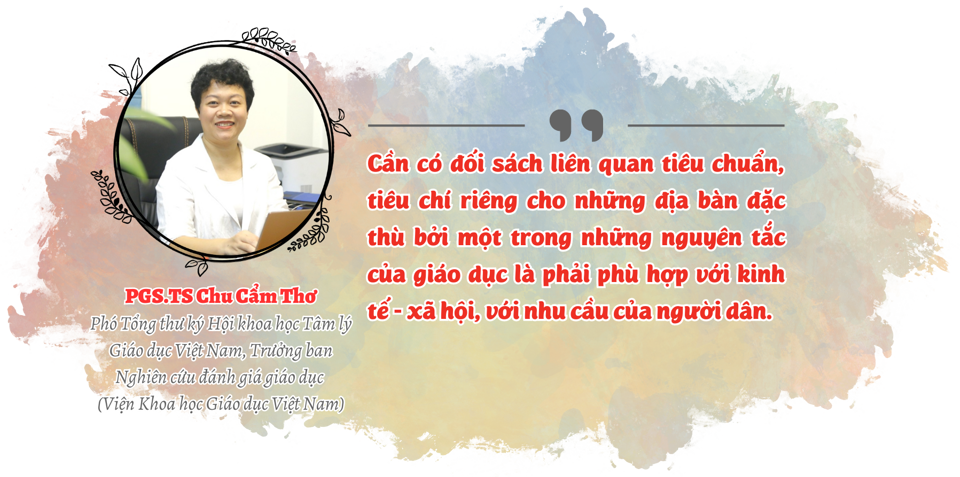
However, according to her, this situation cannot be responded to or resolved overnight, but requires a strategy; at the same time, flexibility in different models is needed to ensure short-term and long-term solutions. In schools in large urban areas, in addition to complying with national quality assurance standards, there should also be specific criteria to help be flexible and meet local requirements.
According to Director of Hanoi Department of Education and Training Tran The Cuong, the top priority task of the Hanoi education sector in the new school year is to continue reviewing and supplementing the school network development plan, ensuring that it meets the requirements of general education reform. In that spirit, the Departments of Education and Training of districts, towns and cities need to strengthen their advice to local authorities to review and supplement the school network plan; prioritize land allocation in new urban areas, densely populated areas, and industrial zones to build public schools; and actively research and advise on merging, splitting schools or consolidating separate schools.

At present, nearly 2.3 million students in the capital are happily preparing for the new school year 2024 - 2025. With 2,913 schools, including hundreds of newly built and repaired schools put into operation, it has contributed to changing the face of the capital's education sector. The gray picture of the shortage of schools and student overload in Hanoi is gradually changing to a brighter color. Solving the problem of the shortage of schools is a difficult journey, requiring time to implement step by step.
Along with accelerating and building schools, the Hanoi education sector has had many solutions and initiatives to improve the quality of education, narrowing the gap between inner-city and suburban education through the program "Schools join hands to develop - Teachers share responsibility" with the positive response of 100% of schools in the city. Always identifying the importance of education and training, with the right direction and the spirit of effort and high determination of the entire political system of the city, the people of the capital believe that in the near future, Hanoi will have enough schools to meet the legitimate learning needs of the people; so that students will have more happy schools and every day at school is truly a happy day.
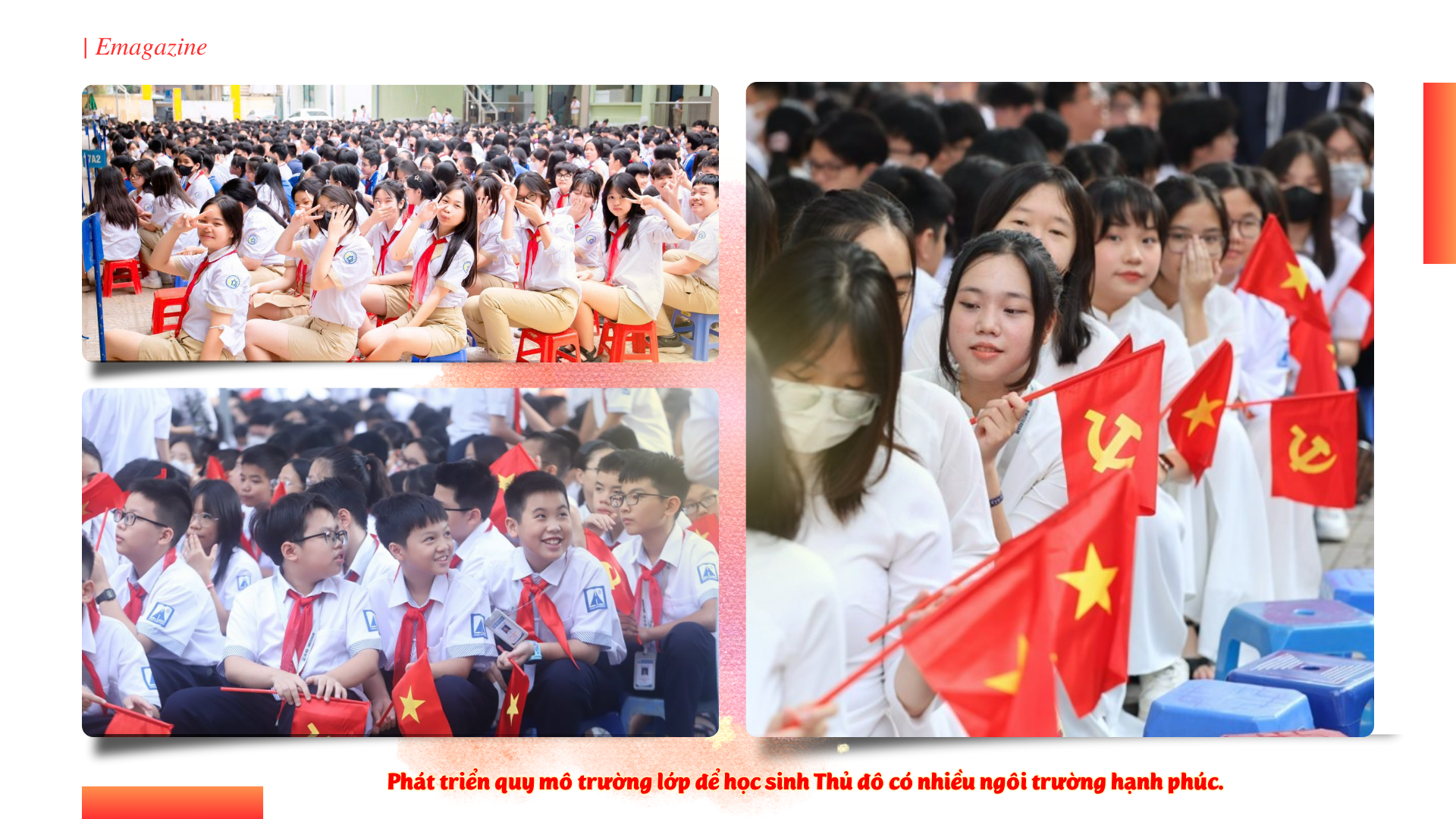
17:14 09/01/2024
Source: https://kinhtedothi.vn/bai-4-thuc-day-thi-hanh-luat-thu-do-tap-trung-nguon-luc-cho-giao-duc.html


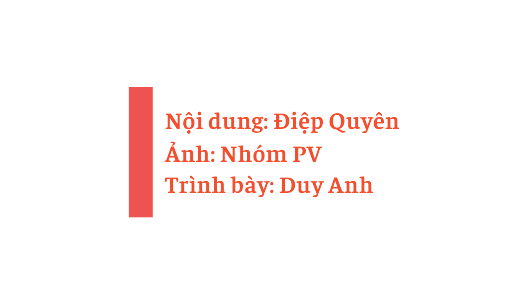



![[Photo] Ministry of Defense sees off relief forces to the airport to Myanmar for mission](https://vstatic.vietnam.vn/vietnam/resource/IMAGE/2025/3/30/245629fab9d644fd909ecd67f1749123)


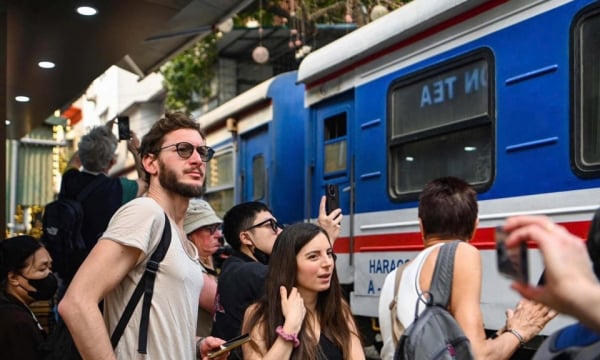

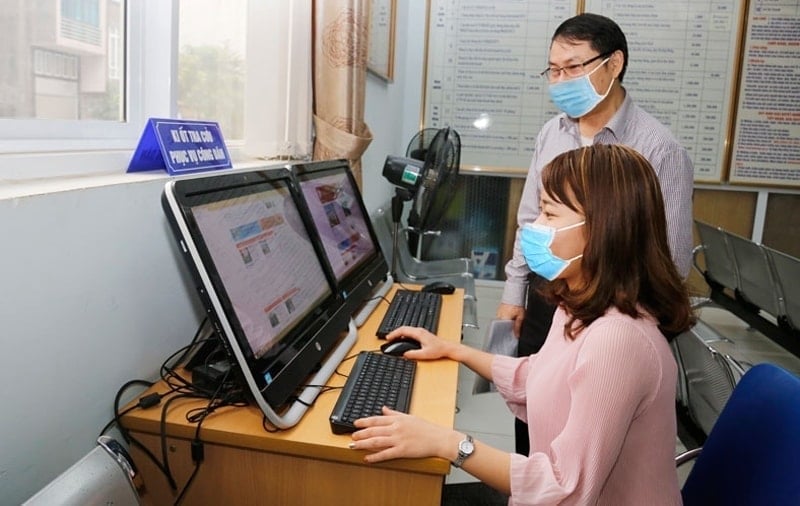
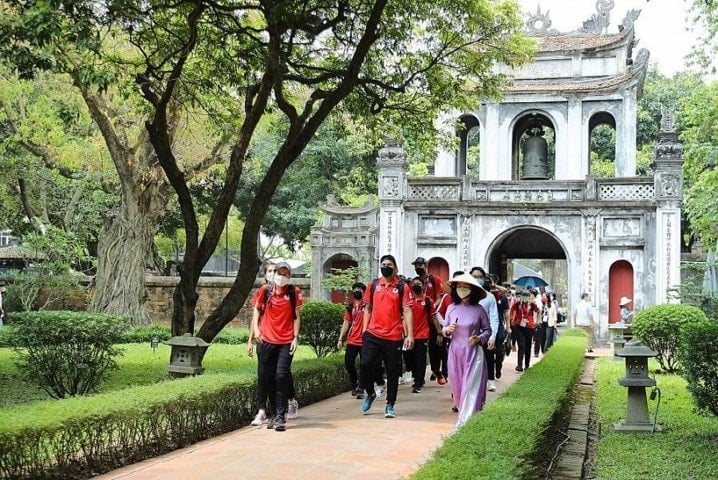
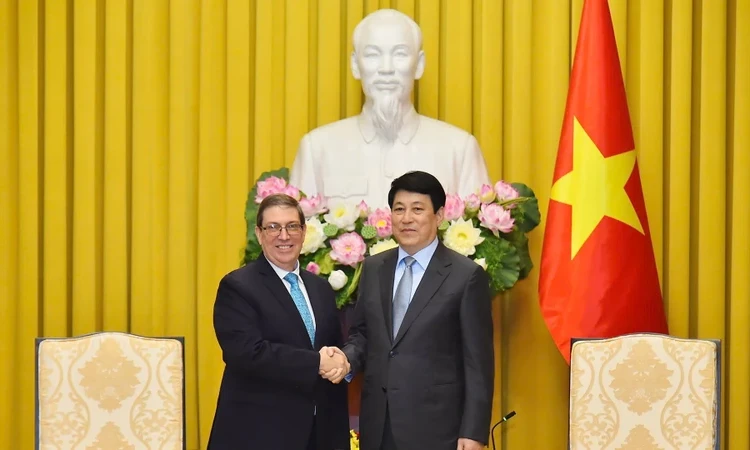


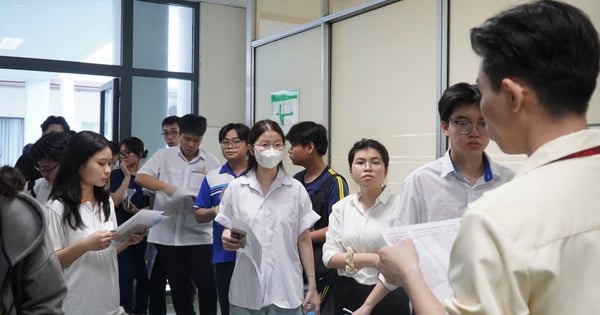
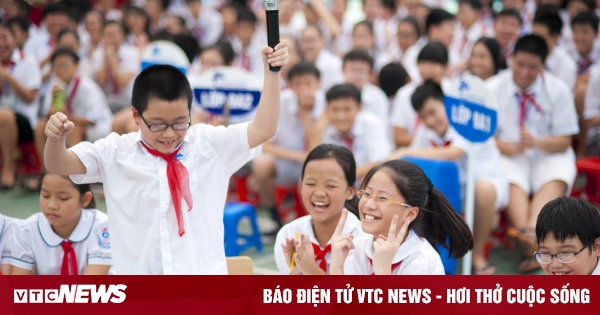

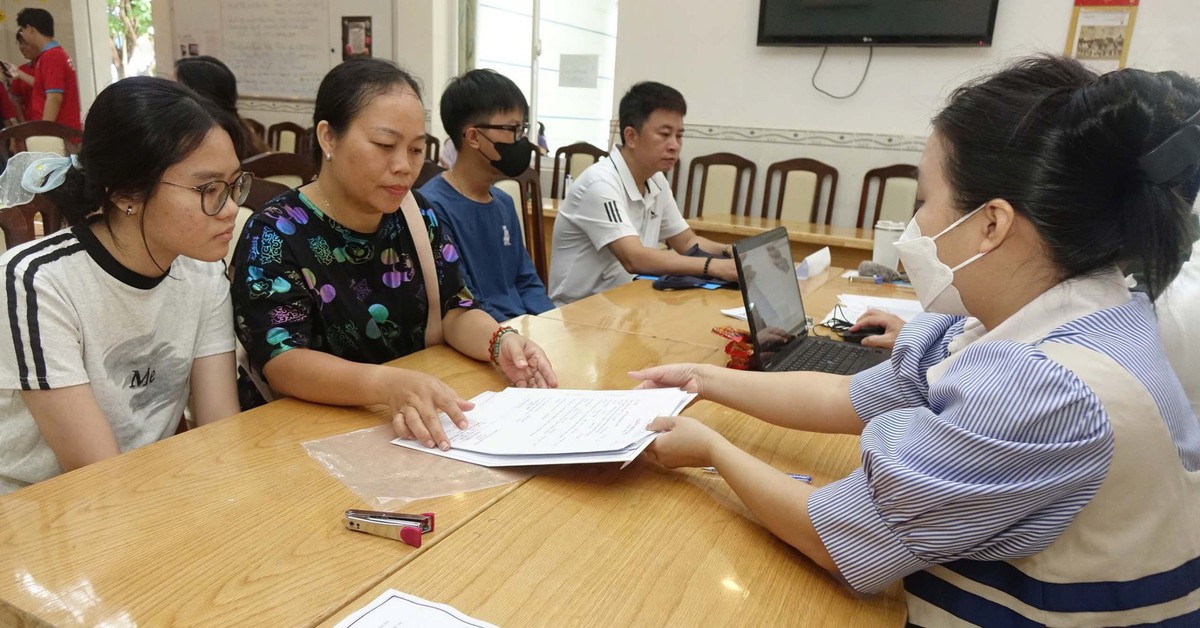






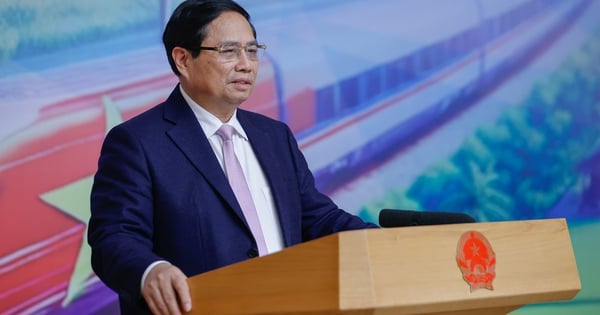
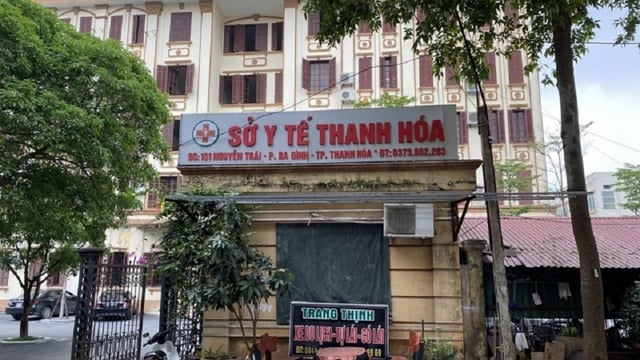
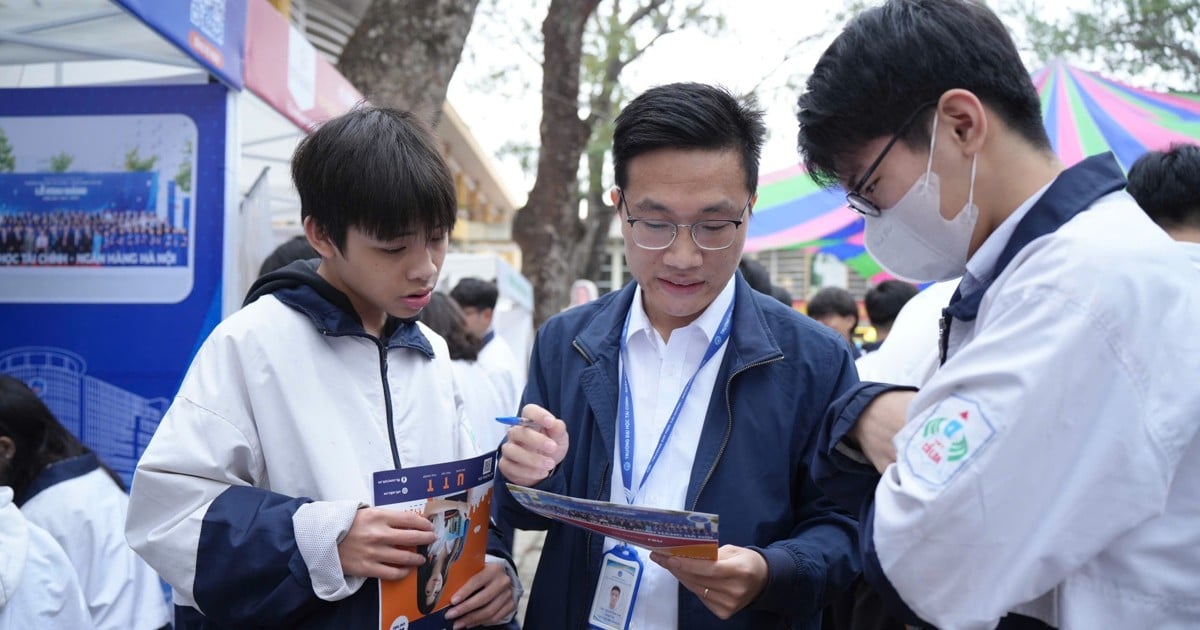
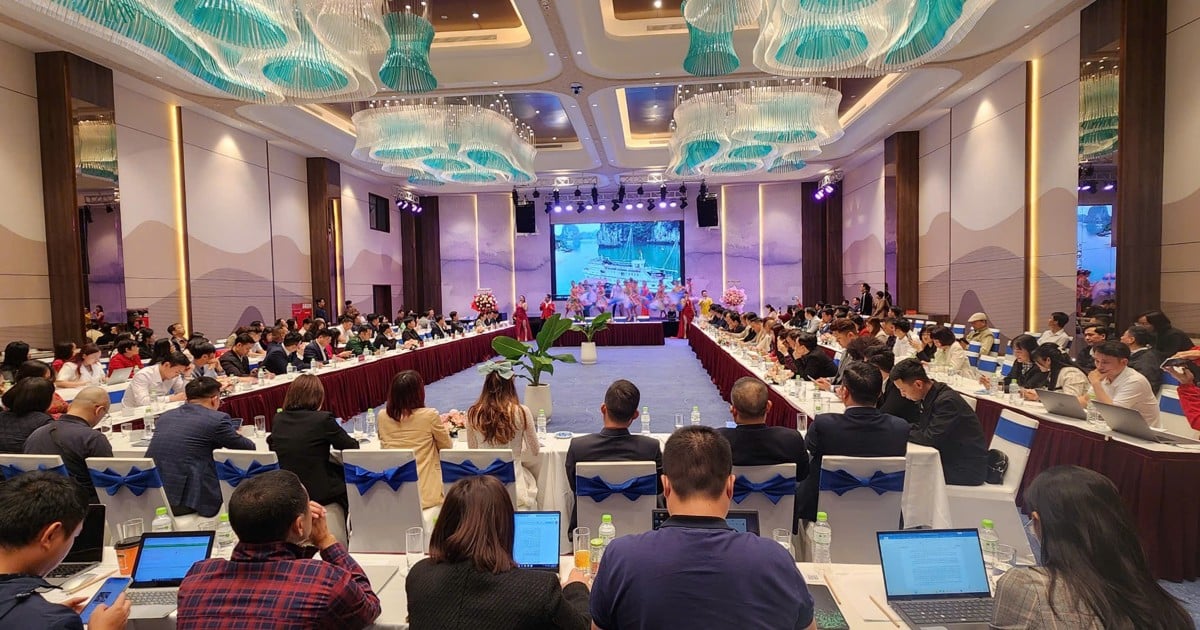
![[Photo] Prime Minister Pham Minh Chinh chairs meeting to remove difficulties for projects](https://vstatic.vietnam.vn/vietnam/resource/IMAGE/2025/3/30/7d354a396d4e4699adc2ccc0d44fbd4f)










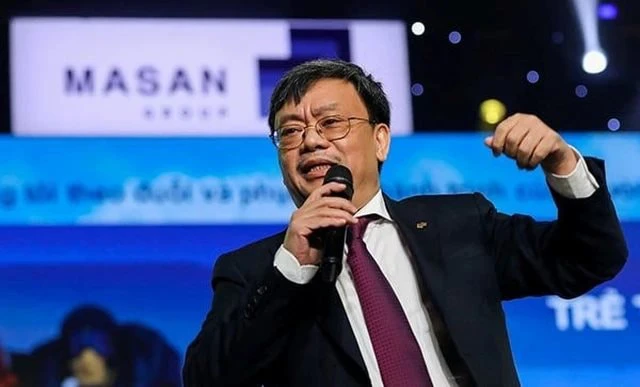


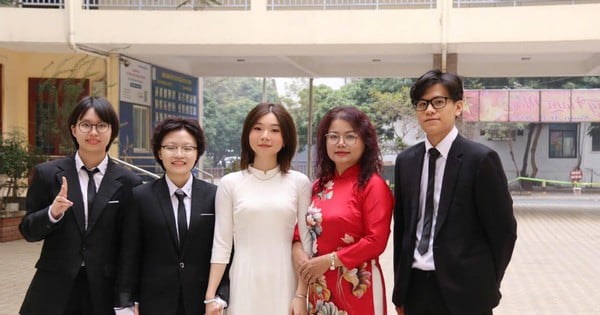

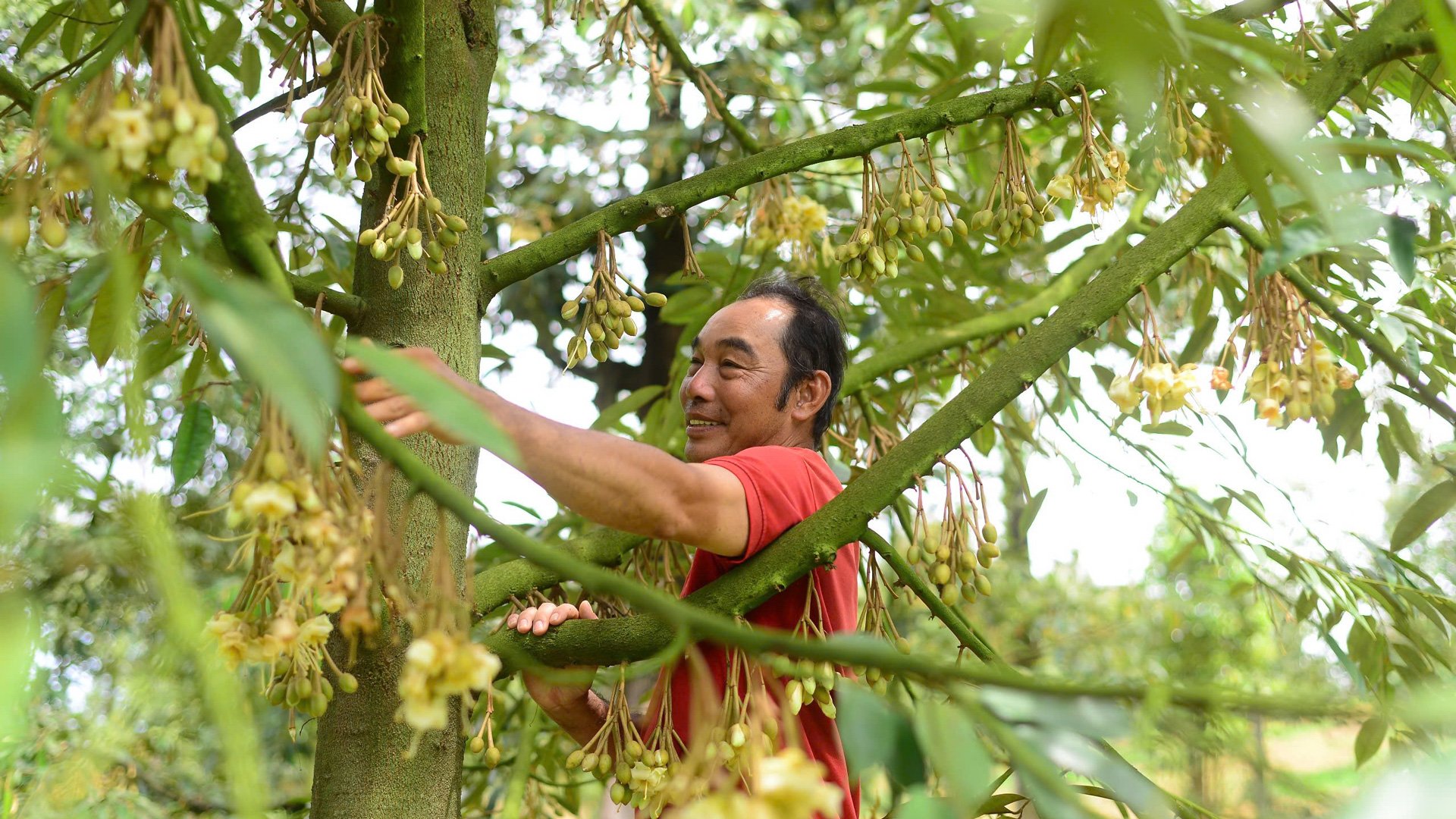














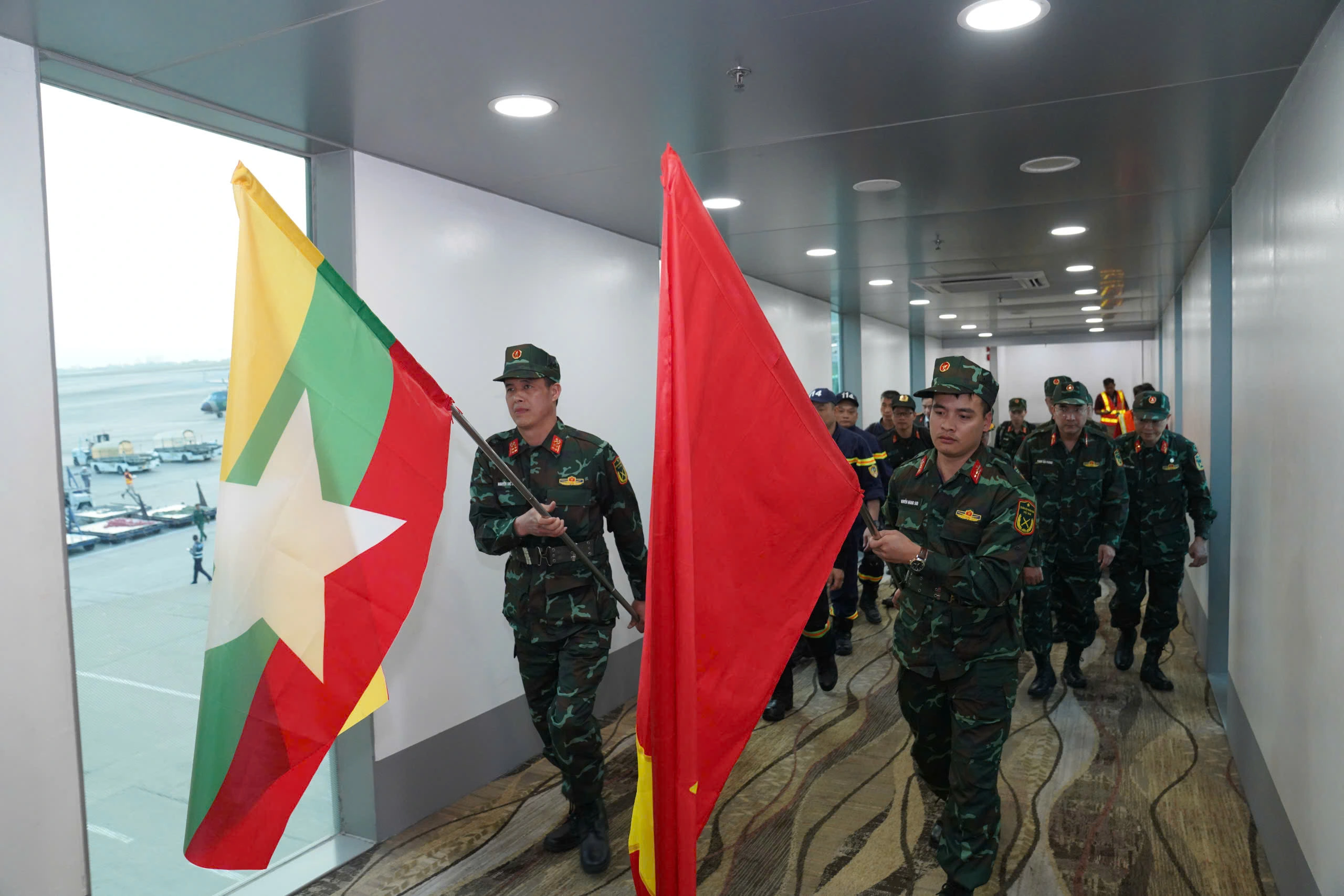



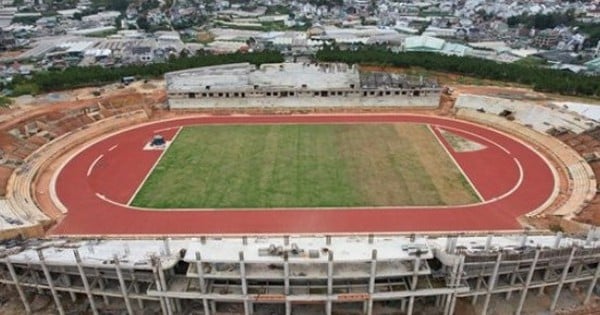

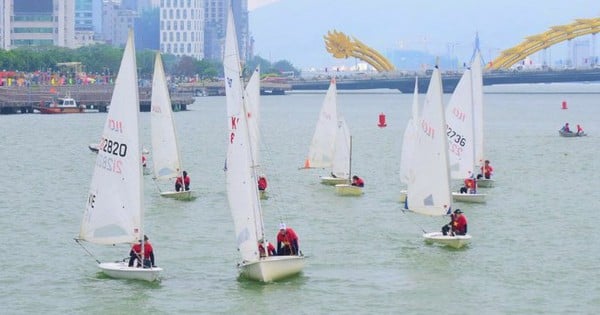
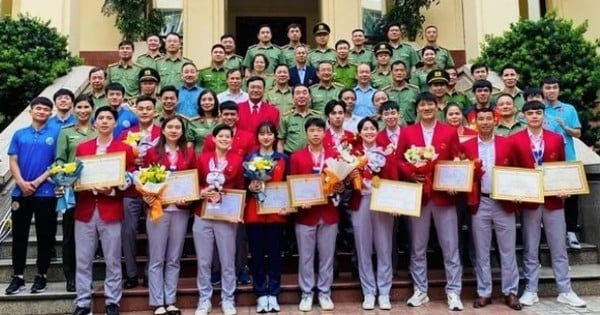

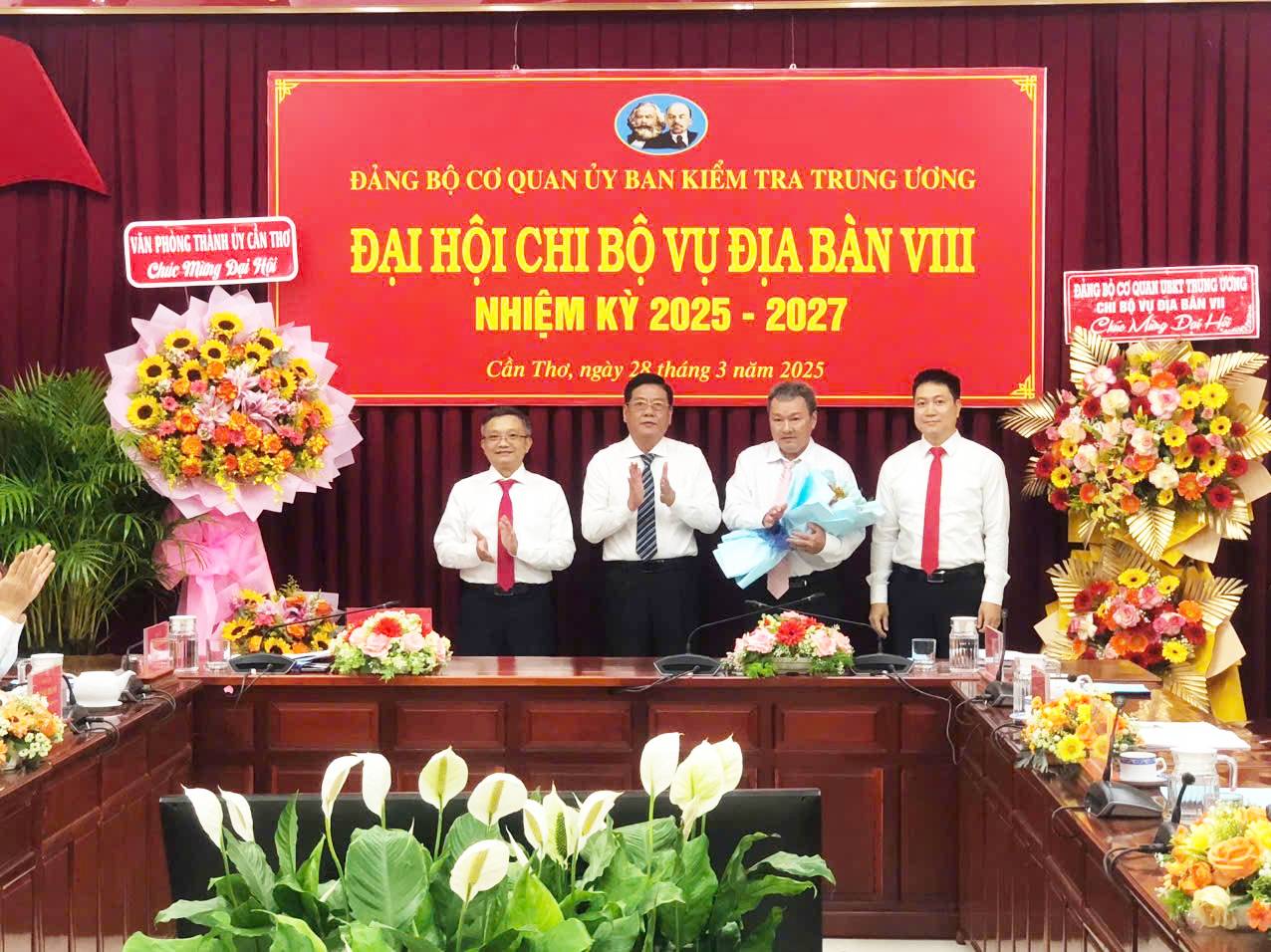

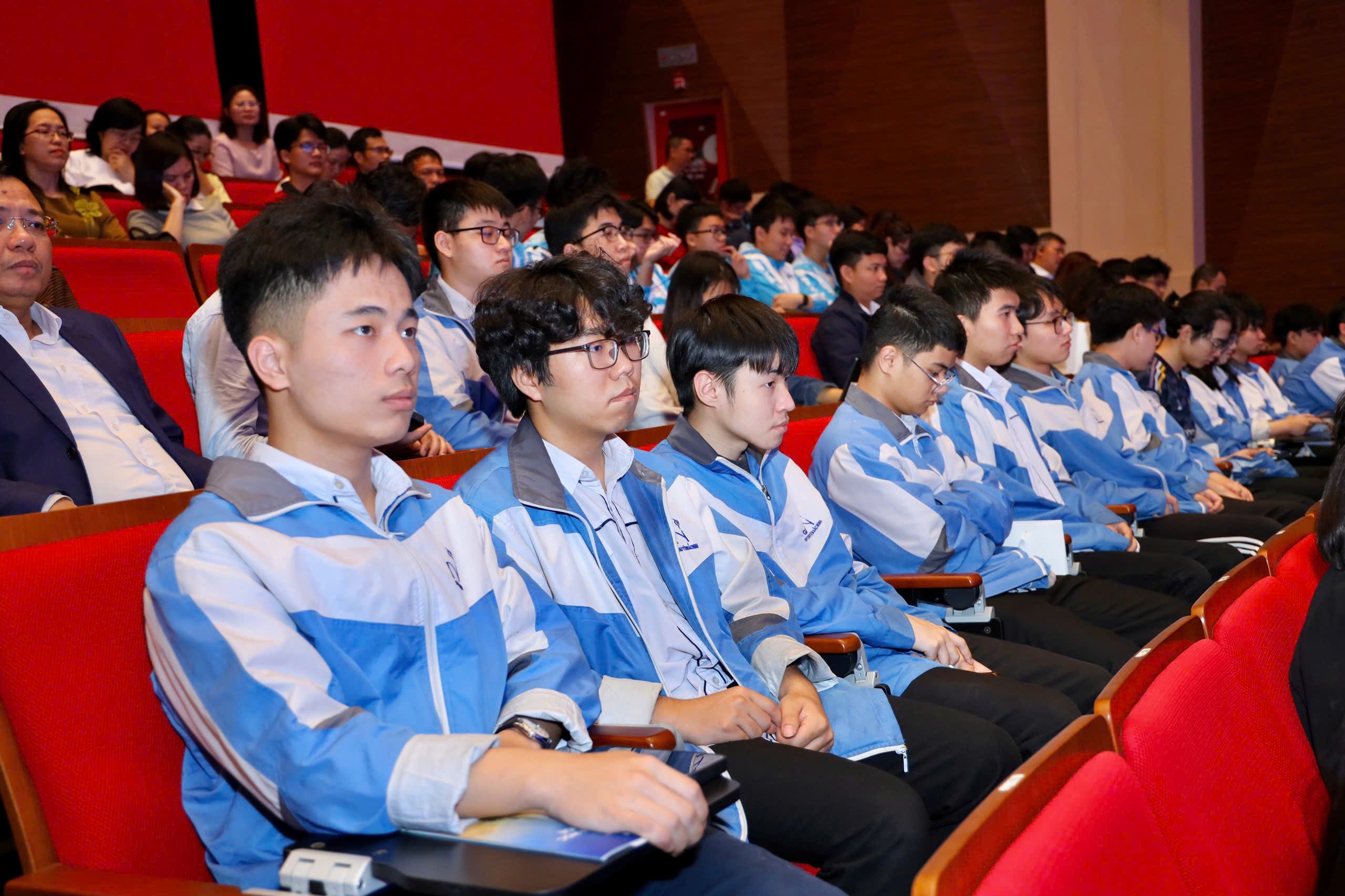

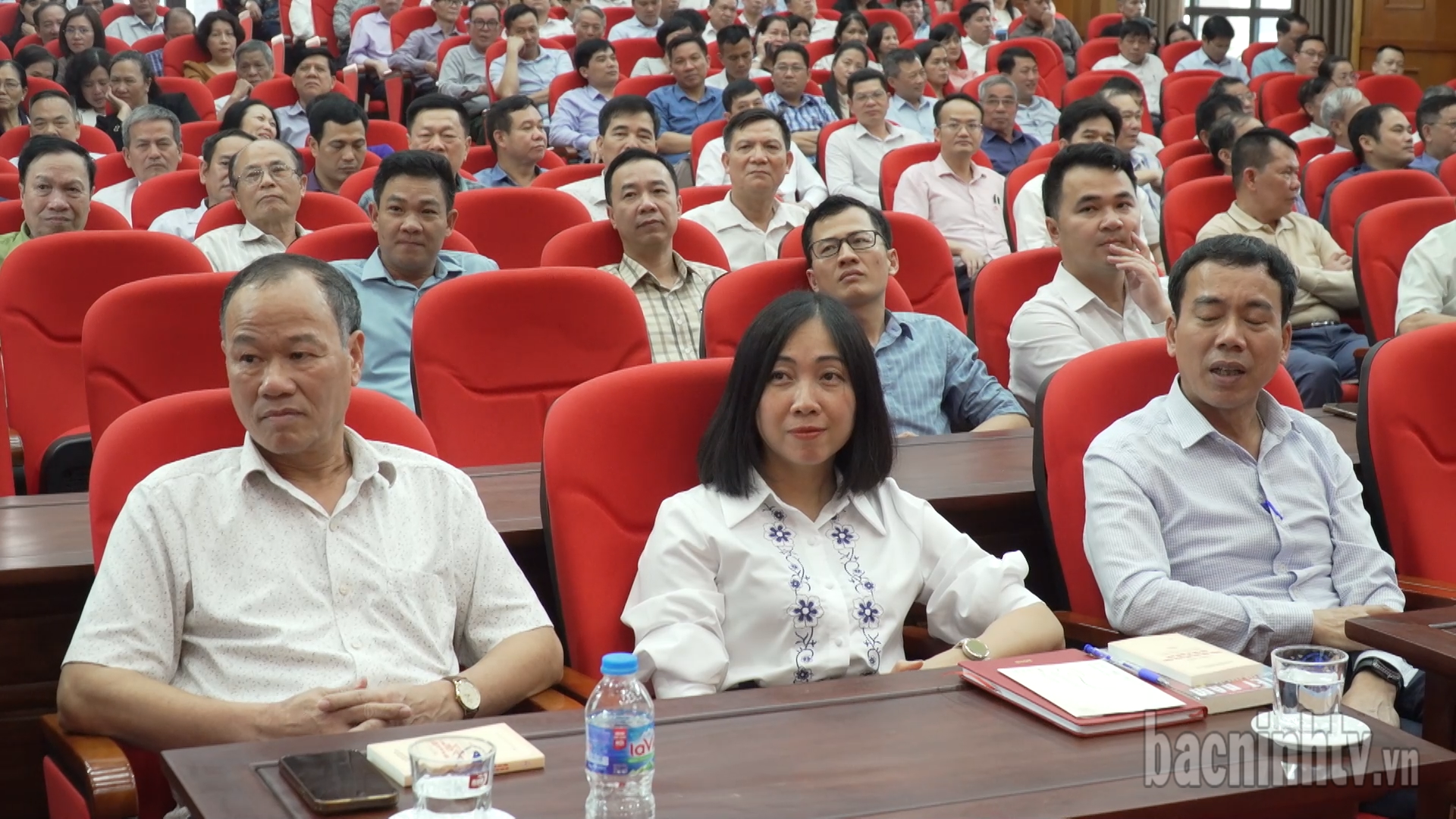

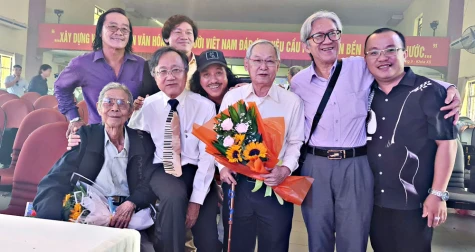

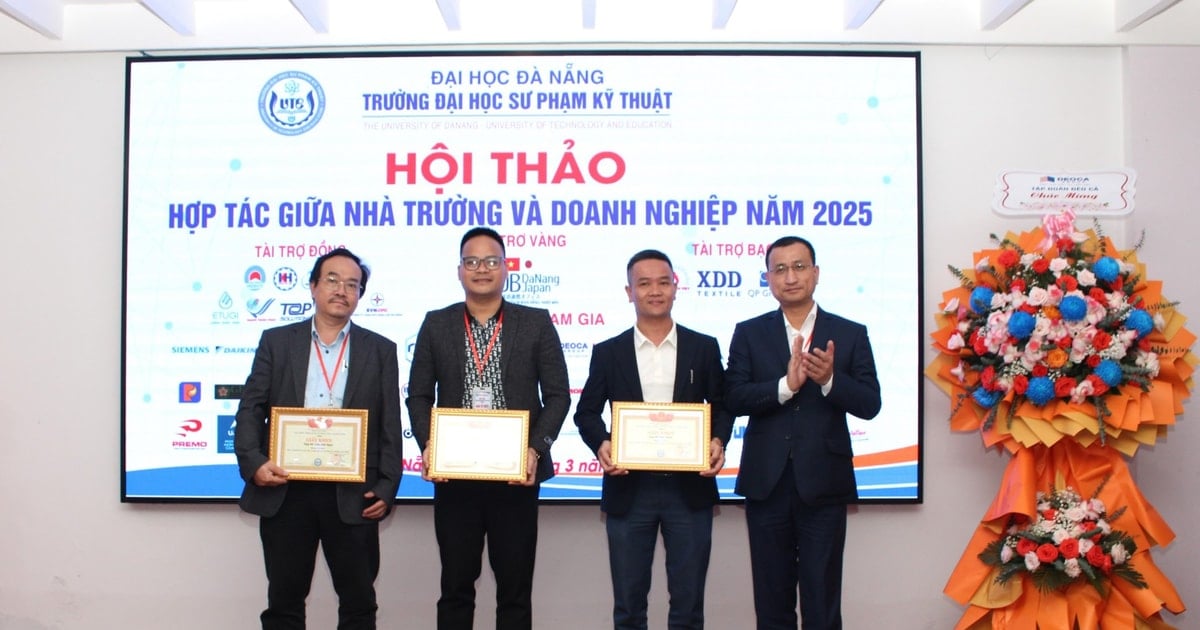

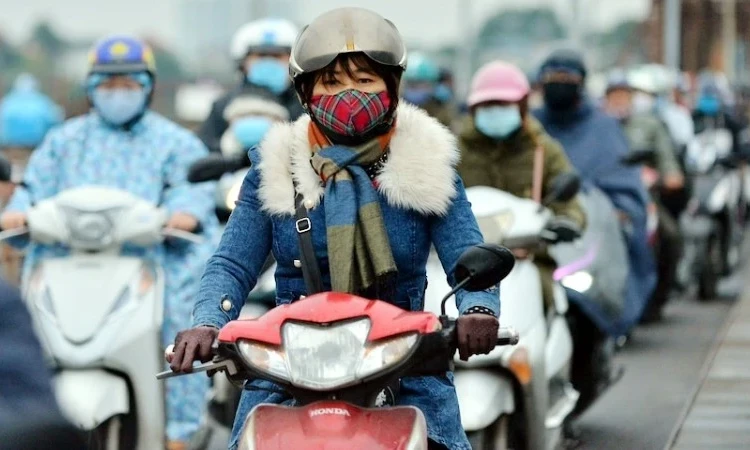











![[REVIEW OCOP] An Lanh Huong Vet Yen Cat](https://vstatic.vietnam.vn/vietnam/resource/IMAGE/2025/3/27/c25032328e9a47be9991d5be7c0cad8c)



Comment (0)